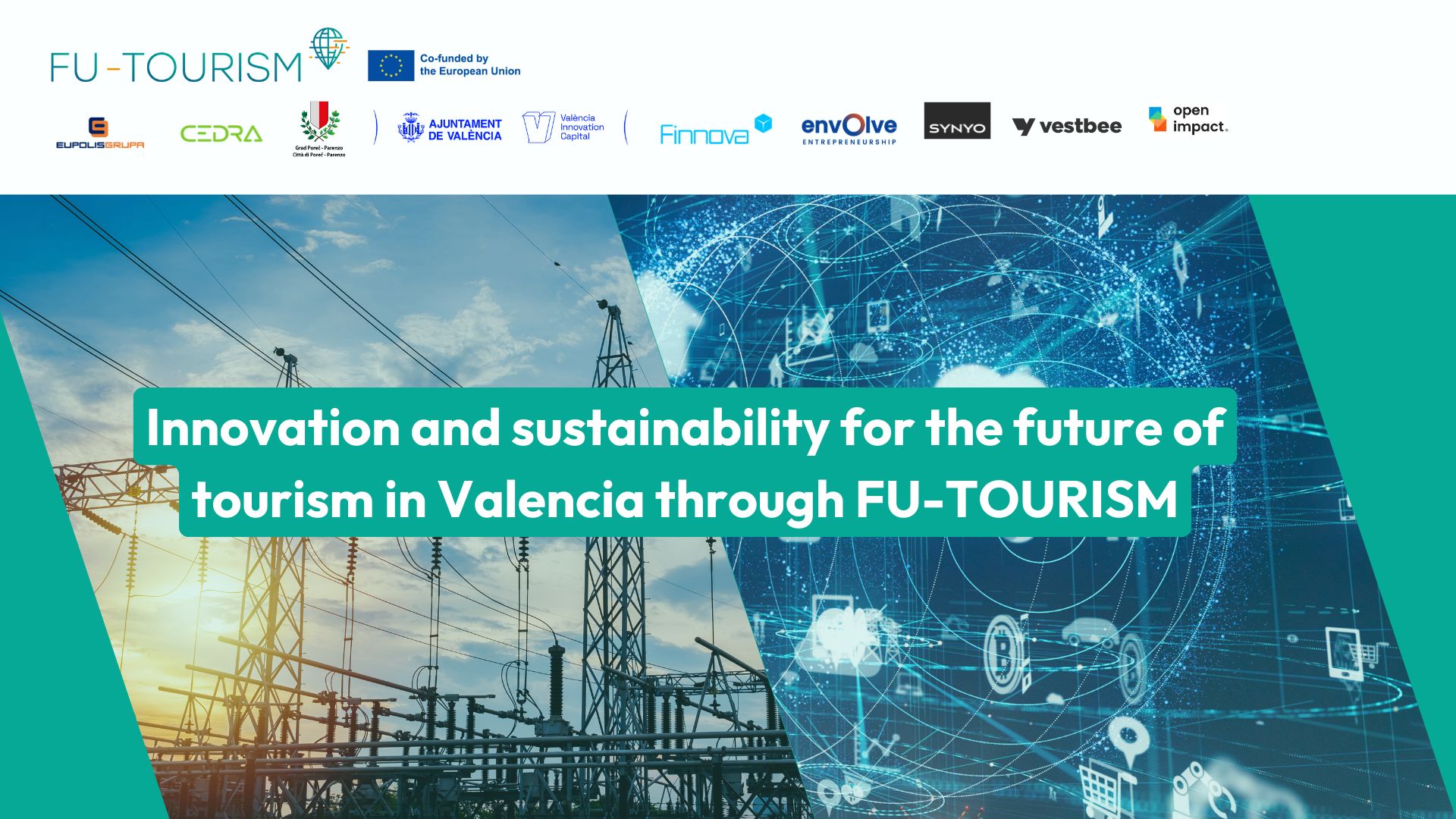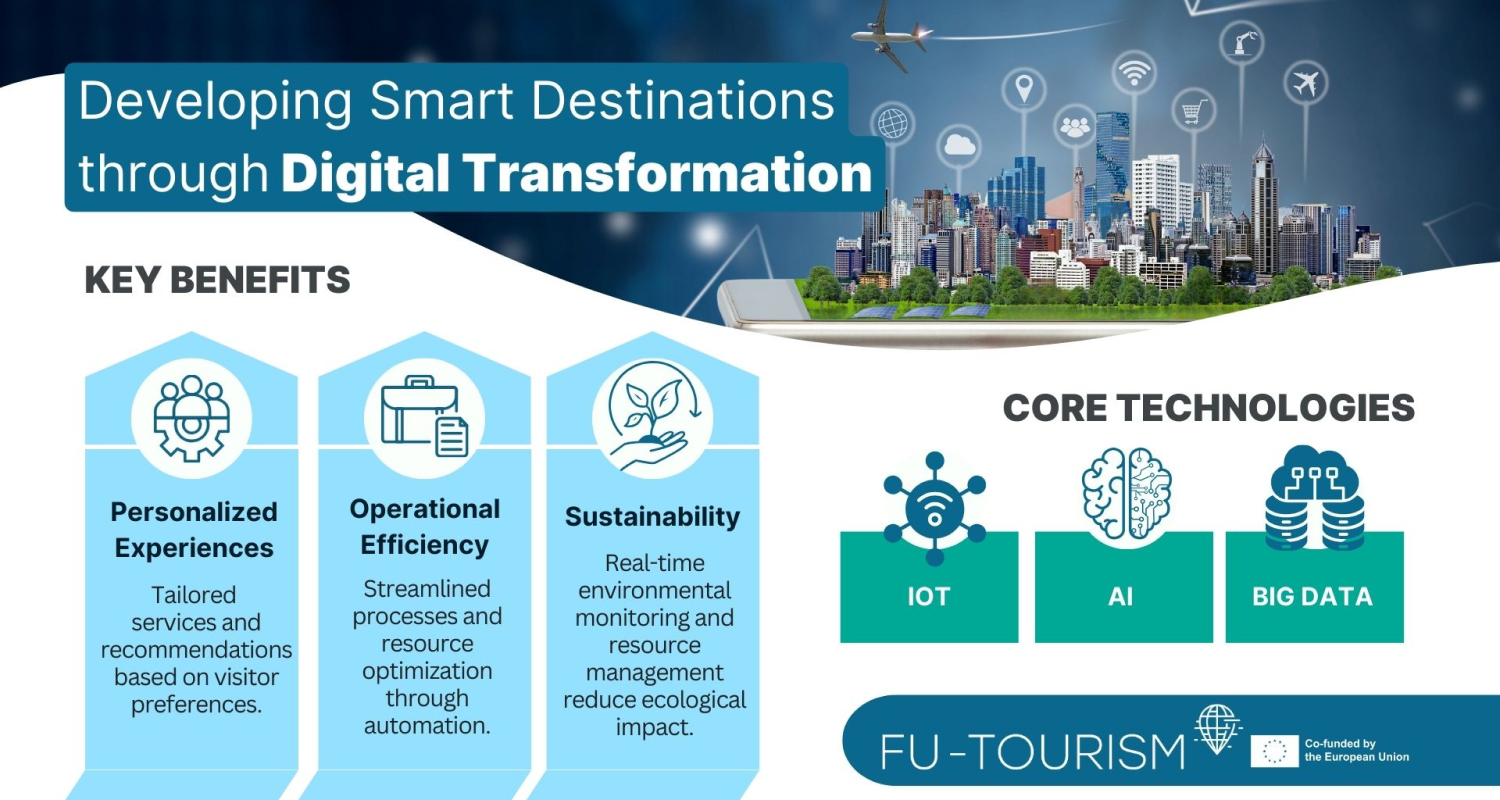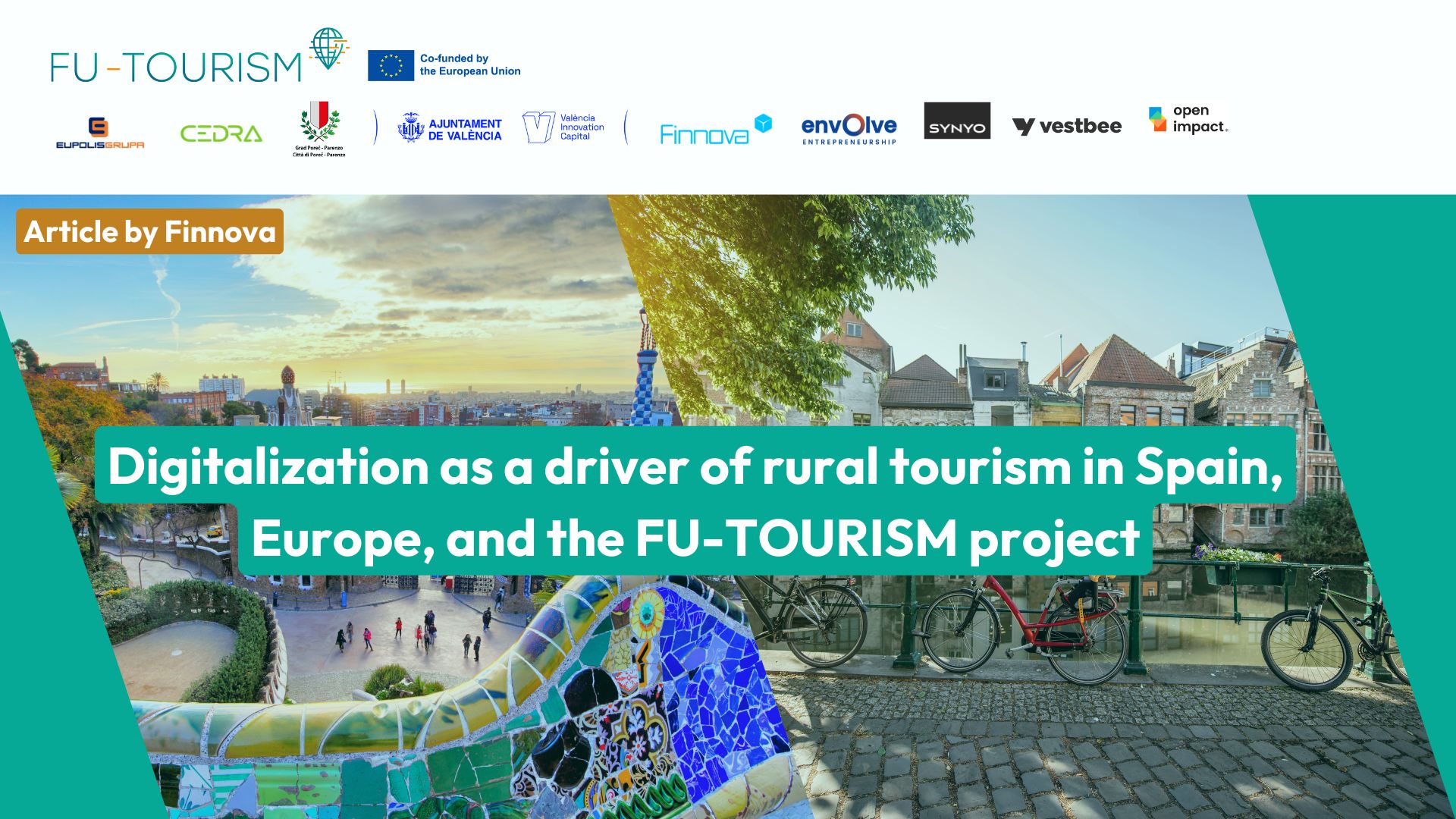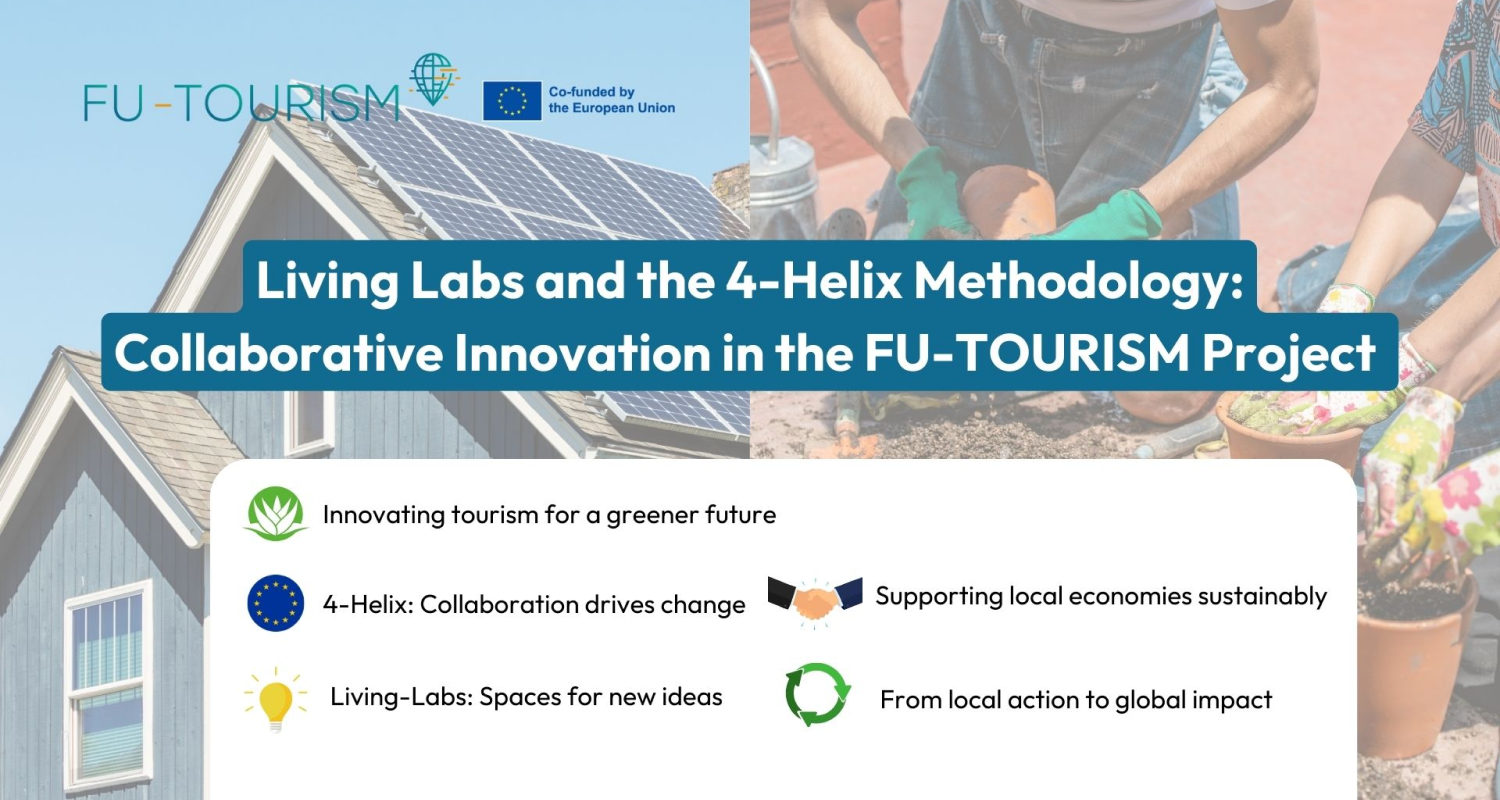
Innovation and sustainability for the future of tourism in Valencia through FU-TOURISM
The city of Valencia currently holds a leading position in tourism at the national level. One of its main challenges is to find solutions that promote more sustainable urban tourism from an economic, social, and environmental perspective, while also reducing the territorial concentration of tourism activity and creating new visitor flows.
For instance, the city is working on measuring the impacts generated by tourists to determine carrying capacity, as well as using indicators such as tourism saturation and quality of life. Additionally, it aims for social sustainability, emphasizing the need to include citizens in the municipal tourism strategy so that tourism becomes a genuine tool for social dynamization. This would enhance the well-being of residents, respect their way of life, and help make Valencia a city that hosts a tourist destination, not the other way around.
Within this framework, the focus is on specialized and segmented tourism services, solutions linked to creating experiential tourism through advanced technologies (artificial intelligence, augmented reality, virtual reality, etc.), and regenerative tourism actions. These are sustainable solutions aimed at mitigating environmental impacts and contributing to the regeneration of the urban ecosystem. This approach aligns with Valencia’s designation as the European Green Capital for 2024, which places the city on the international stage as a benchmark for sustainable tourism.
From this vantage point, we are launching the FU-TOURISM project, which enables us to support our ecosystem of small and medium-sized tourism enterprises (SMEs) on their journey toward ecological and digital resilience. As the pilot city for this project, we will implement an acceleration and scaling program for these companies to develop strategies and activities aimed at fostering a greener, more digital, and inclusive economy. The solutions that emerge will benefit the tourism sector, making it more innovative, cutting-edge, resilient, and sustainable.
Among the identified needs, which the SMEs participating in FU-TOURISM could address, are strategies based on open data intelligence to tackle future challenges and their potential impacts on the city and its residents. These challenges include the strain on critical infrastructure such as public transport, water supply, and healthcare services. Other areas of focus could include the environmental impact of tourism (air and water pollution levels, waste production, or excessive natural resource consumption), gentrification through studies and analyses on rising housing prices, rents, and consumer goods; the management of cultural heritage and its potential impacts; raising awareness about sustainable and respectful urban tourism; and adapting to climate change, given the vital importance of climate resilience in maintaining the long-term viability of tourism.
We have a year ahead of us. We invite all small and medium-sized enterprises to join the FU-TOURISM project, participate, and collaborate to ensure that our city continues to offer high-quality, responsible, and cutting-edge tourism.




